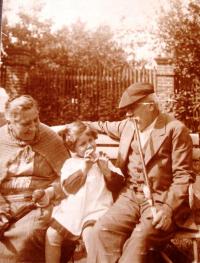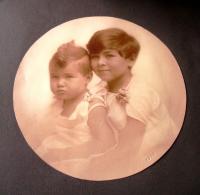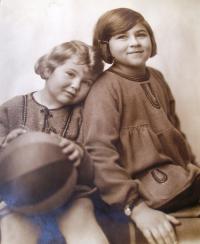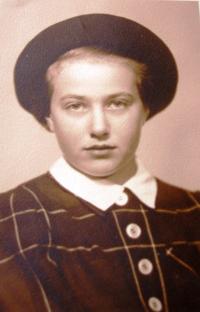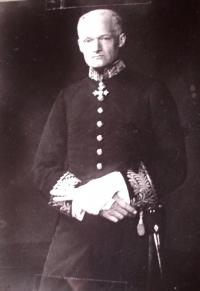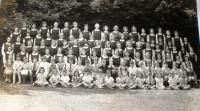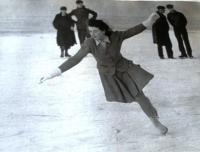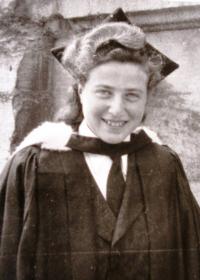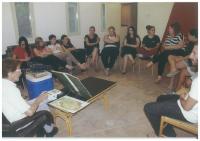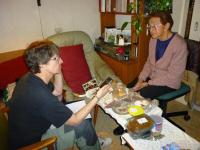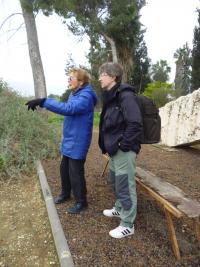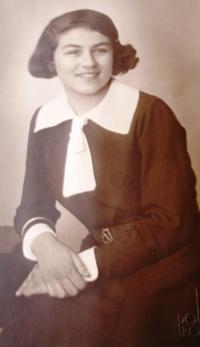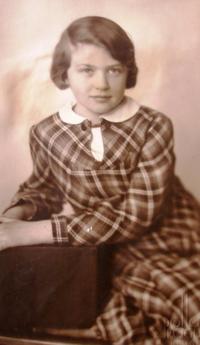I was walking past our house when I was going to the tram stop, and I was thinking: Perhaps our library is still there, our pictures…
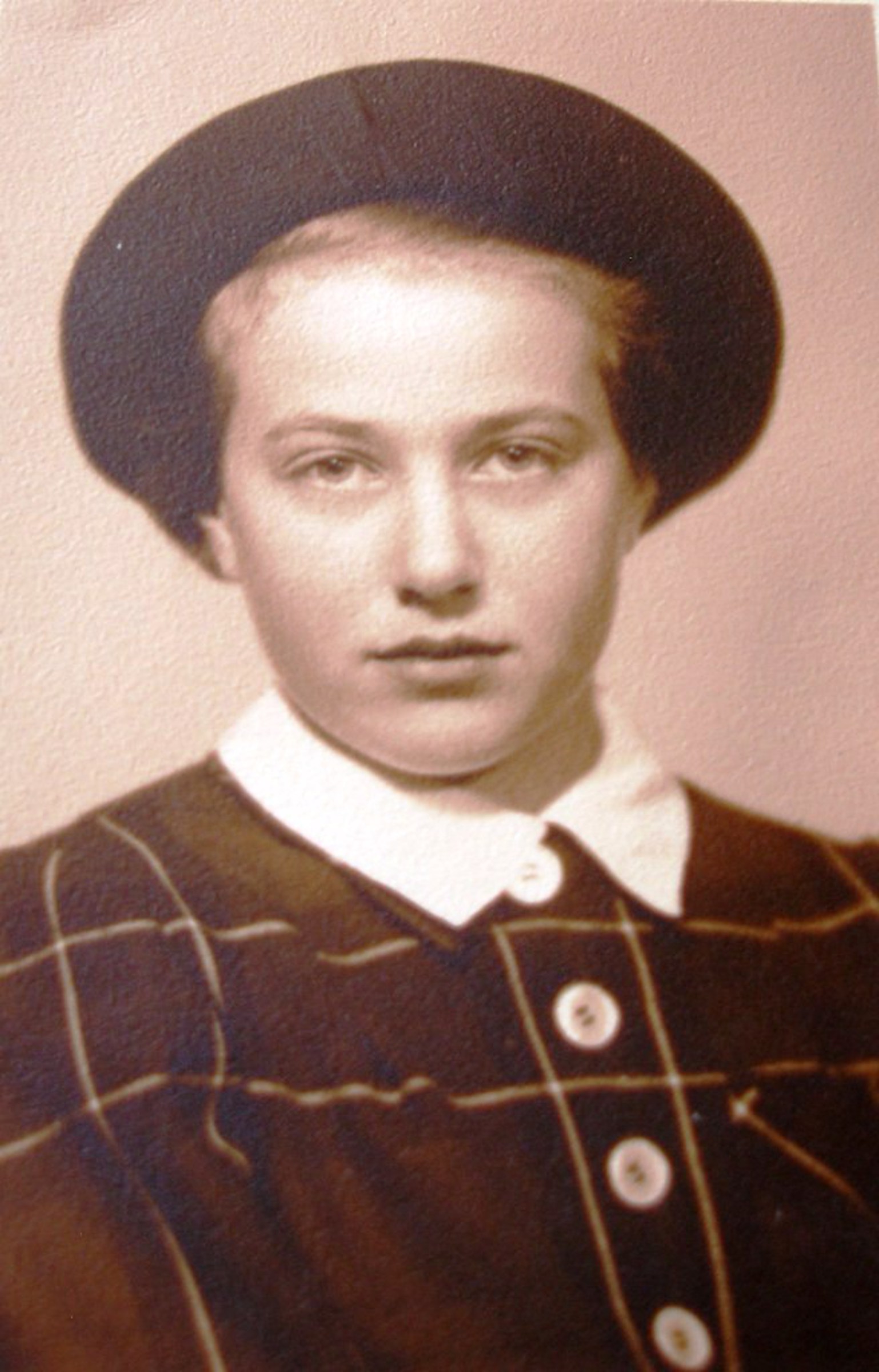
Download image
Hana Utitz was born on December 1, 1926 in Prague in an assimilated Jewish family. Her parents owned a factory which produced leather and handbags. Before the German occupation of Czechoslovakia she did not perceive any difference or discrimination against Jews. However, the Nazis confiscated her father’s factory and the life in Prague was becoming more and more difficult for all Jews. Hana’s parents managed to send her to England in the operation organized by Nicholas Winton when she was twelve years old. Hana spent the entire WWII there in the family of Mr. and Mrs. Nicholson. When the war was over she learnt that her whole family had perished. Only her sister Helga has survived in an English boarding school. Hana returned to Prague with her husband, a Czech-Jewish soldier, and she became a member of the Communist Party and began studying for a doctoral degree at the university. When she and her husband learnt about the existence of the Jewish State, they decided to go there immediately. By mere coincidence they had a narrow escape from the communist persecution which they would otherwise have to face as “American spies.” They started to live in a kibbutz in Israel and they spent many years there. Hana Utitz was teaching English and literature in the kibbutz.
